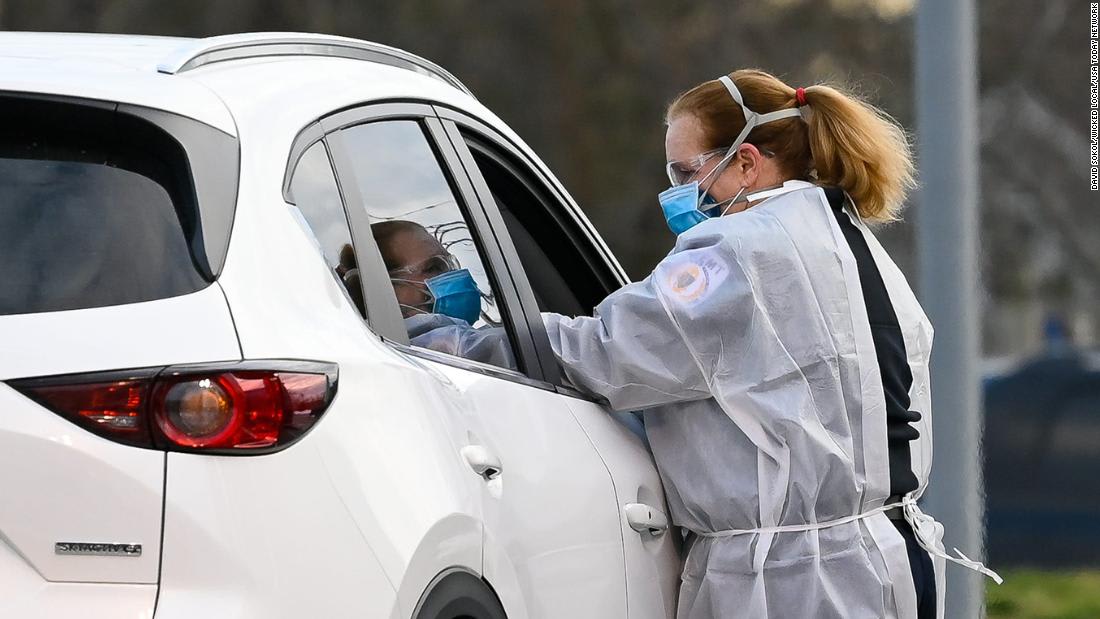The United States has ramped up its genome sequencing efforts in the hunt for coronavirus variants, US Centers for Disease Control and Prevention Director Dr. Rochelle Walensky said Monday.
"Over the last three weeks or so we've increased our sequencing about tenfold," Walensky said during a White House briefing. "So as we look more, we certainly anticipate we might find more" variants.
The US effort in genetic sequencing lags far behind many other developed nations. One analysis ranked the US 33rd in the world for sequences per 1,000 cases of Covid-19.
Scientists search for coronavirus mutations by taking samples of the virus from patients' nasal swabs and analyzing their genetic sequences.
Mutations are changes in the genetic code of a virus that occur naturally over time when an animal or person is infected -- and such mutations can lead to the emergence of new variants.
"We anticipate that we're probably going to be sequencing up to three to four more than we are already sequencing," Walensky said.
"I think once we have more sequencing that's happening, we'll have a better idea as to how many variants there are and what proportion are out there."
Walensky said during the briefing that she was "reluctant" to provide an estimate of how many coronavirus variant cases there could be based on the current data. She also warned that variants could reverse encouraging declines in Covid-19 statistics.
Read the full story:
